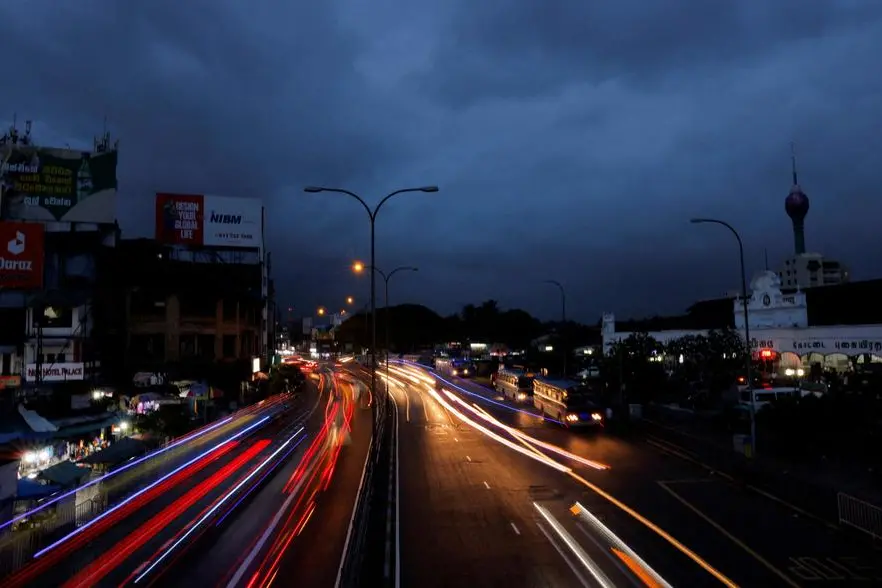PHOTO
Sri Lanka expects the International Monetary Fund to approve the first review of its bailout programme next month, clearing the way for the release of $900 million of funding from multilateral agencies, the country's central bank governor said.
Sri Lanka plunged into its worst financial crisis in seven decades last year after its foreign exchange reserves dwindled to record lows.
But since locking down the IMF bailout of $2.9 billion in March, the South Asian island nation has managed to partly stabilise its economy, bring down runaway inflation and rebuild currency reserves.
The approval from the IMF's executive board would unlock $330 million in a second tranche of funding for Sri Lanka.
After receiving the IMF money, Sri Lanka could get further funding from the Asian Development Bank and the World Bank, bringing the total amount to around $900 million, central bank Governor P. Nandalal Weerasinghe told reporters.
"We will get IMF approval within the month of December. We are making good progress," Weerasinghe said at a monetary policy briefing after the central bank reduced key interest rates by 100 basis points earlier on Friday.
Earlier this week, Sri Lanka's treasury secretary Mahinda Siriwardana said they expect the IMF board's approval by Dec. 6.
The central bank and the government are working closely with financial creditors on debt restructuring and expect the official creditors committee to soon inform the IMF of their stand on the issue, Weerasinghe said.
Sri Lanka needs to focus on reining in its high fiscal deficit and boost revenues to meet the requirements laid down by the IMF in its bailout programme.
After a month's delay, Sri Lanka and the IMF in October reached a staff-level agreement on a first review of its extended fund facility arrangement.
The global lender delayed the approval due to a potential shortfall in government revenue generation, projecting a 15% shortfall for the year.
"Sri Lanka's budget deficit is still high and one of the ways this can be bridged is through higher taxes, which is appropriate," Weerasinghe said, adding that large deficits were unsustainable. (Reporting by Uditha Jayasinghe and Swati Bhat; editing by Sudipto Ganguly & Simon Cameron-Moore)





















